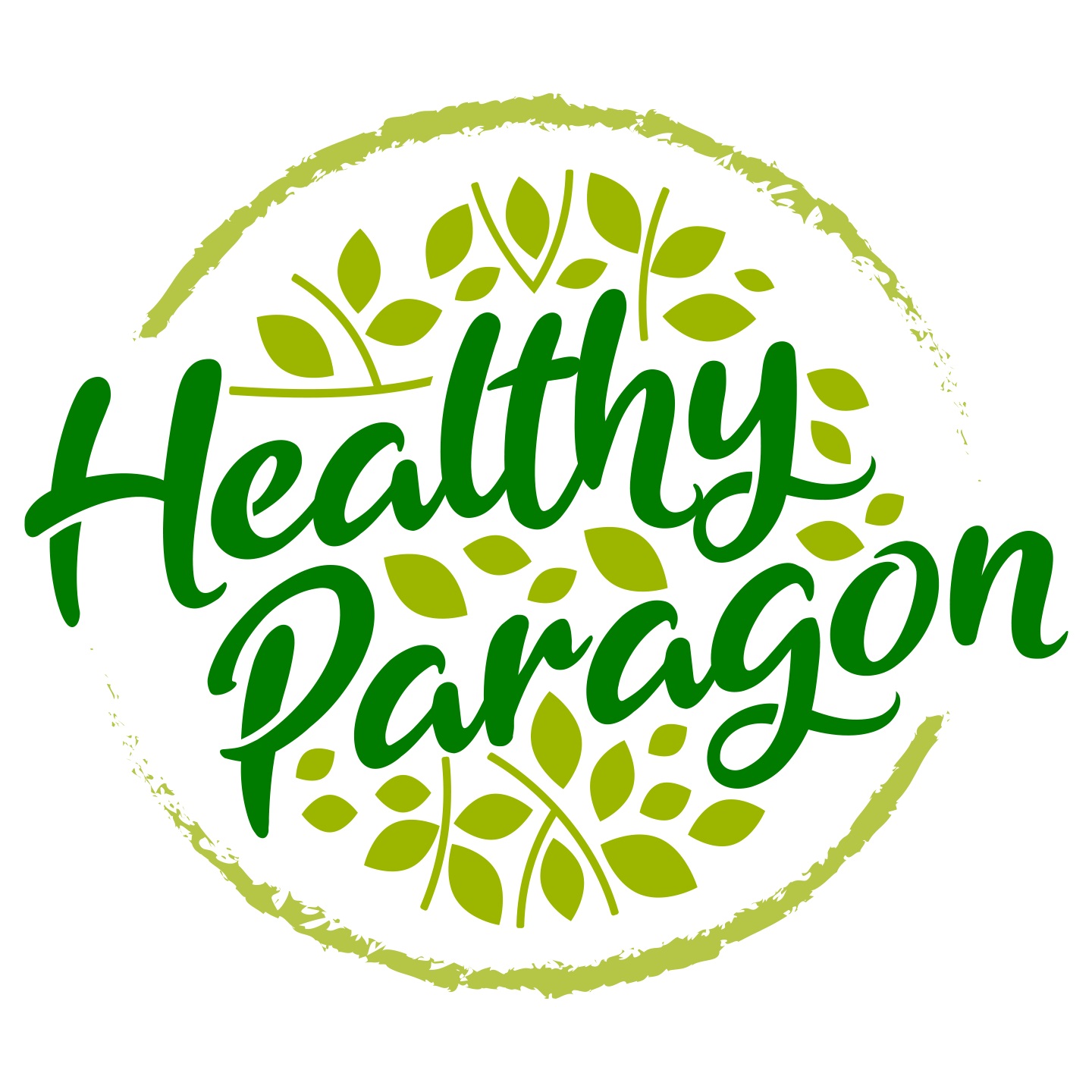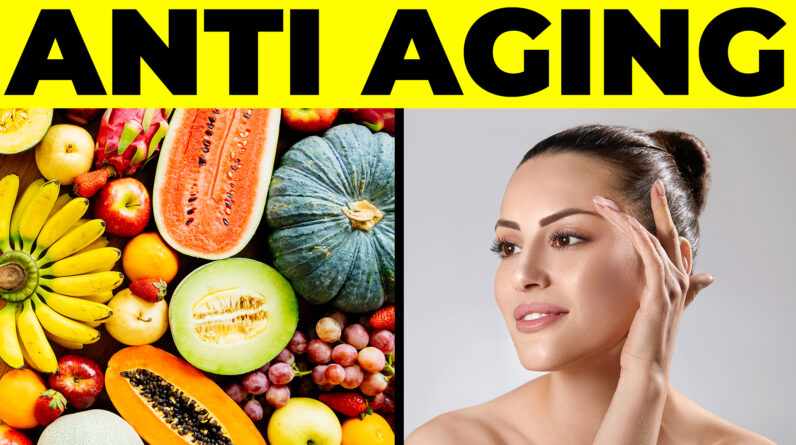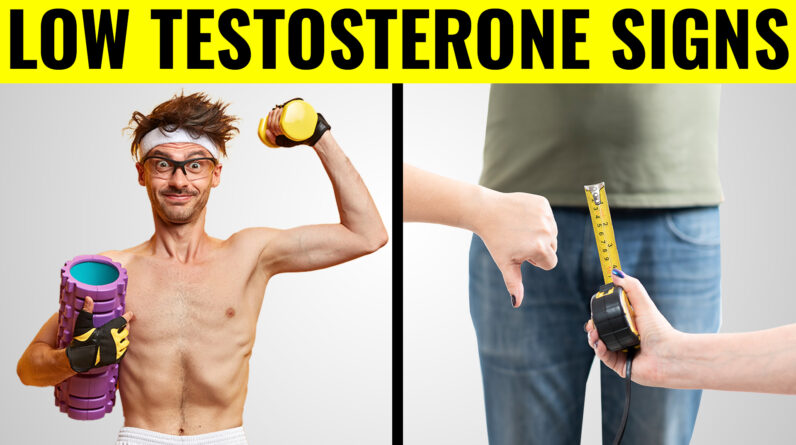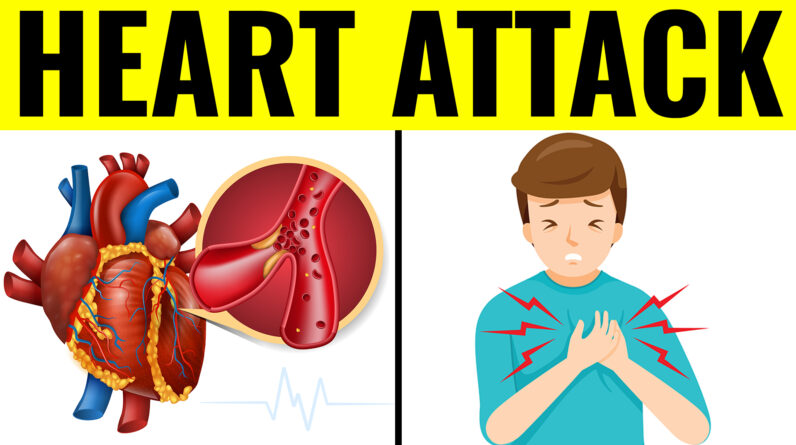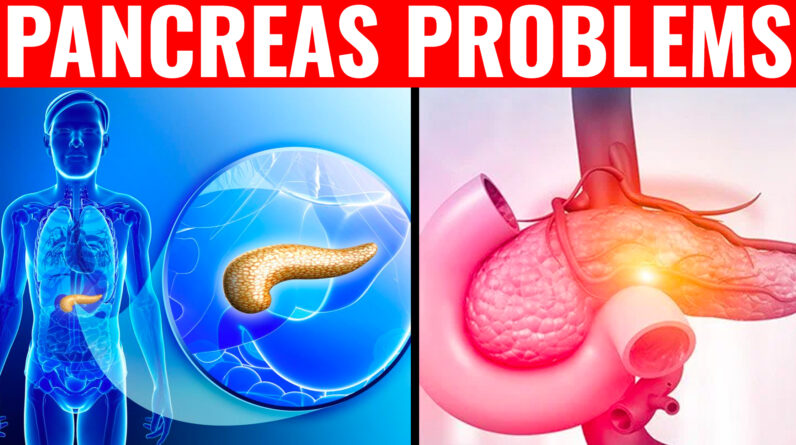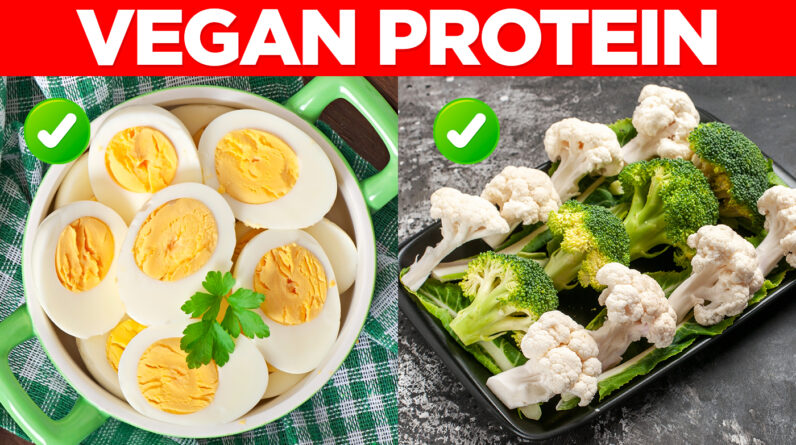
A healthier human body depends much on a balanced diet. With a balanced diet, we mean a good supply of carbohydrates, proteins, fats, minerals, and vitamins.
While other nutrients are not a problem if you are vegetarian, proteins are a great concern for a vegan diet.
What does come to your mind when you think of protein sources?
Maybe eggs, chicken, milk or steak. In short, something that comes from animals.
You are not wrong to think along these lines because most people worldwide consider animals a common protein source.
That’s why people going vegan are mainly concerned about developing a protein deficiency. A protein deficiency can lead to weak muscles, swelling, skin degeneration, and fatty liver.
But don’t worry. The good news is you don’t have to consume animal products to fulfill your protein requirements. There are tons of vegan protein sources that you can go for. These sources contain all the essential amino acids. They come in several different forms that you can incorporate into your vegan diet. You can either have them alone as a side dish or in different recipes for a filling main course.
In this article, we are looking at the top ten vegan protein sources that you can consume on the go or as your main meal without worrying about protein deficiency.
10. Avocado
The number ten vegan protein source are avocados – favorite among vegans. They have a delicious taste and creamy texture.
One avocado consists of four grams of protein. You shouldn’t be giving it a second thought when it comes to avocado for your protein intake. Besides this, they are suitable for health because they are full of vitamin C, E, K, and B6 as well as folate, pantothenic acid, magnesium, and potassium. It will be unfair if we don’t inform you how avocado is truly rich in monounsaturated fats. As a result, avocado helps control blood pressure and protect against heart diseases.
You can have avocado spread on a toast, consume it seasoned with salt and pepper, or incorporate it in your salads.
9. Seitan
Commonly known as “wheat meat,” seitan is made from wheat gluten.
Seitan has a chewy texture which makes it look like chicken or beef. It’s high in protein and low in fats. 100g of seitan contains 25 grams of protein. The high protein content makes it a healthy meat substitute. It also contains iron, calcium, and phosphorus. For someone who has just made a shift to a vegan diet, missing meat is common. We think seitan got you covered here. Seitan is available as slabs, pre-cut slices, or cubes.
To make seitan a complete protein source cook it with something rich in the amino acid lysine. One example would be soy sauce. That way it offers all the amino acids you need.
However, it is important to know that seitan is a highly processed protein source. So, if you are on a weight loss journey, seitan can be a hurdle in your goal.
8. Pistachios
One ounce of pistachios is packed with as much as 6 grams of protein. Besides that they are also rich in fiber, vitamin B6, potassium, and many other nutrients.
An interesting fact about pistachios is that it is a complete protein source. This means they offer all nine essential amino acids that further help build up protein within the body.
Pistachios also play an important role in keeping the gut bacteria healthy to prevent gut inflammation.
It rightly deserves its status as the go-to meat substitute. A handful of pistachios should be your new favorite on-the-go protein source.
If you don’t like them eating alone, you can top these crunchy nuts on oatmeal, desserts, or even pizza.
7. Nutritional Yeast
Next up is nutritional yeast. No, no it is not the same yeast used to make pizza dough!
It is specifically grown to be used as food and commonly sold in form of a yellow powder or flakes.
A quarter cup of nutritional yeast contains 8 grams of protein.
It is rich in vitamins, minerals, and high-quality protein. Nutritional yeast fortified with vitamin B-12 helps to boost energy for vegans, as a deficiency of this vitamin can lead to weakness and fatigue.
Because of its cheesy flavor, it is often added to dishes like mashed potatoes or scrambled tofu. You can sprinkle nutritional yeast on top of pasta and salads or have it served with popcorns.
6. Oats
The next protein source that we have is oats, the perfect vegan protein source for your breakfast. One cup of cooked oats contains six grams of protein, equal to about one ounce of meat. Moreover, oats contain 11-17% of dry weight protein.
Oats are also laden with reasonable amounts of fiber, zinc, and folate that keep you full for an extended period, relieve constipation and help you lose weight.
Another good thing: Of course you can not only eat them for breakfast. For example, you can also use oat flour for baking.
Pro tip: Adding chia seeds and soymilk makes the oat a fantastic meal to have your protein, carbs, and fats fulfilled.
5. Soy milk
The number five protein source that we have is your substitute for dairy milk. Soy milk is made by processing beans to milk before you can drink it.
And, since it is free of animal derivatives – there is no doubt that soy milk is an excellent addition to a plant-based vegan list. It won’t be wrong to call it a complete source of vegan protein as it contains all the nine essential amino acids that your body is unable to produce on its own. The good thing about it is, that it has no cholesterol and negligible amounts of saturated fats.
Soy milk also comes with leucine, an amino acid responsible for keeping sustained muscle growth, improving lean muscle mass, maintaining muscle mass, and regulating metabolism.
You can either have it in cereals, in hot chocolate, or simply a glass of it before going to bed.
4. Spirulina
The next up in our list is blue-green algae – the spirulina, aka powerhouse.
Two tablespoons of spirulina consist of 8 grams of complete protein. Additionally, 60% of spirulina is protein. This is the reason why spirulina provides increased endurance and muscle strength.
The blue-green color of suprailia is due to phycocyanin which is an antioxidant. Phycocyanin prevents DNA damage, keeping you at a distance from chronic inflammation.
Research also suggests that spirulina lowers the bad cholesterol while raising the good one. Your heart will be grateful.
3. Chia Seeds
The third protein source in our exclusive list is chia seeds, aka superfood. Chia seeds are native to Central America and come from the Salvia hispanica plant.
You might know chia seeds as an excellent source of fiber, but do you know that two teaspoons of chia seeds have five grams of protein? This provides only 137 calories that means you can have them in a significant amount and still not gain weight.
They have a mild taste. When mixed with water, chia seeds turn into a jelly-like substance, which makes them easy to be added to various recipes, including smoothies, bakery items, and puddings.
Chia seed is also an incredible source of antioxidants that help fight radicals, protect the onset of cancer, diabetes, and delay aging (your secret recipe for staying young!)
Not just that, they also contain significant amounts of calcium, iron, selenium, and magnesium. This makes them essential for bone growth as well. So now you know why they are a superfood.
2. Peas
Next up on our list is peas. One cup of cooked green peas consists of 7.9 grams of proteins. This amount of protein is almost equal to the amount of protein that a cup of milk provides.
Since milk is a non-vegan source, you do know what to look for.… a cup of cooked peas with salad, soups, stews, or rice dishes.
Alternatively, you can either have fresh peas, frozen peas, or the canned ones – whichever is flavorful to you – the nutrient quantity will remain the same.
Peas are also an excellent source of folate, phosphorous, magnesium, iron, manganese, and complex fibers that can help you reduce belly fat and control blood sugar levels.
Fun fact: Pea powder, made of yellow peas, is a common protein source used in smoothies and shakes to provide the required nourishment.
1. Lentils
The top vegan protein source on our list are lentils. They provide over 25% of protein, making them an excellent meat alternative. Lentils are by far the most inexpensive source to fulfill your protein requirements. Being protein-rich, they are an everyday food staple in Asian and North African meals.
Besides protein, lentils are also a great source of B vitamins, magnesium, zinc, potassium, and iron. More than that, they are also rich in phytochemicals. Phytochemicals are plant compounds with many beneficial effects on your body. The most important are their help in protection against chronic diseases, such as heart disease and type 2 diabetes.
Lentils are often categorized depending upon their color that ranges from yellow, red, green, brown, to even black.
Interestingly, different types of lentils vary slightly in their nutrient contents but to estimate it, one cup of cooked lentils provides about 18 grams of proteins.
With all their health benefits the perfect vegan protein source.
